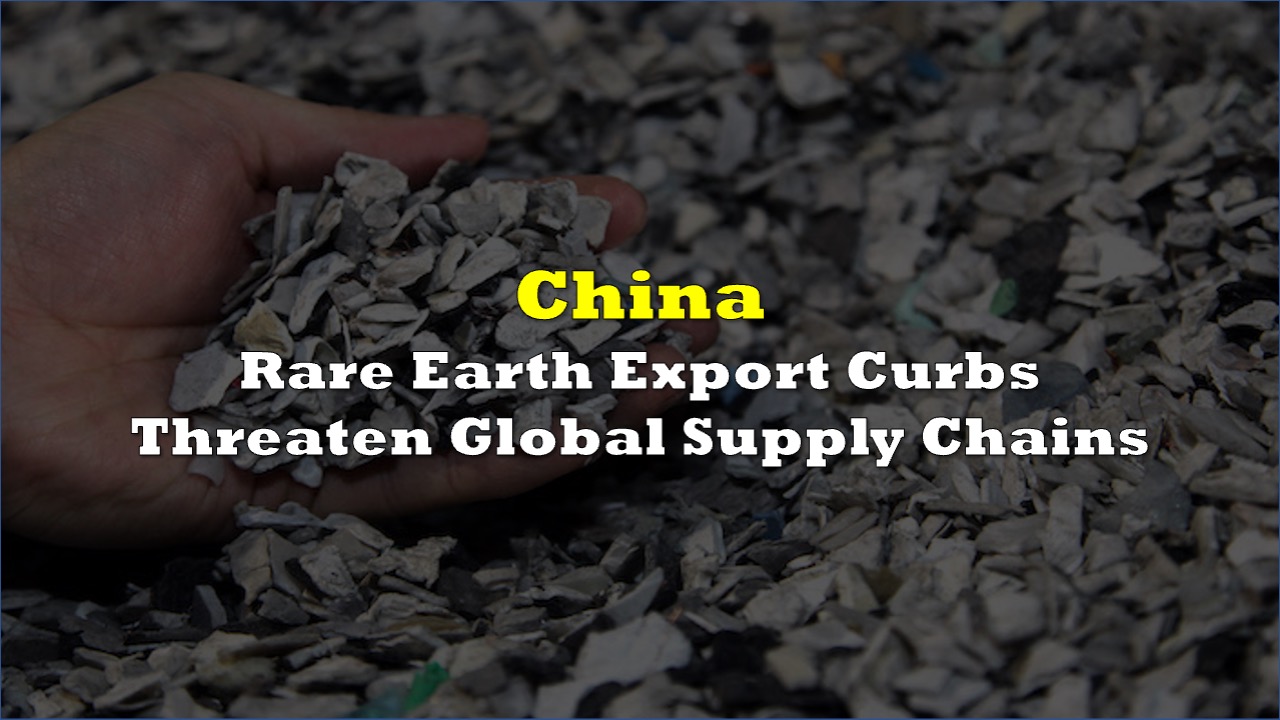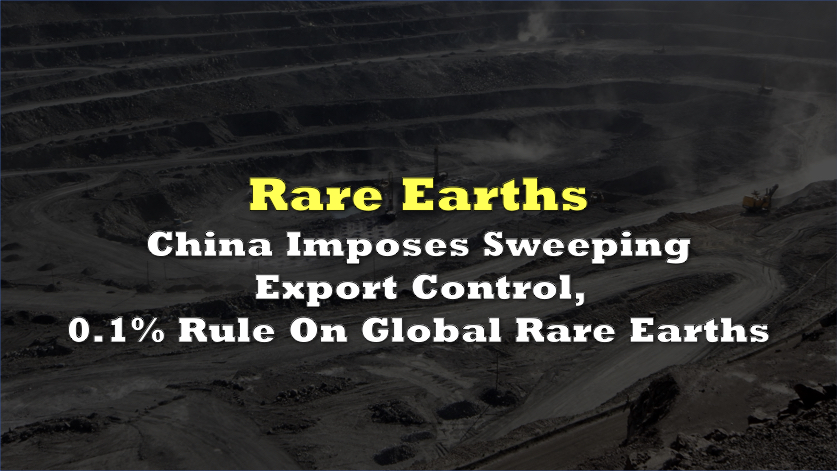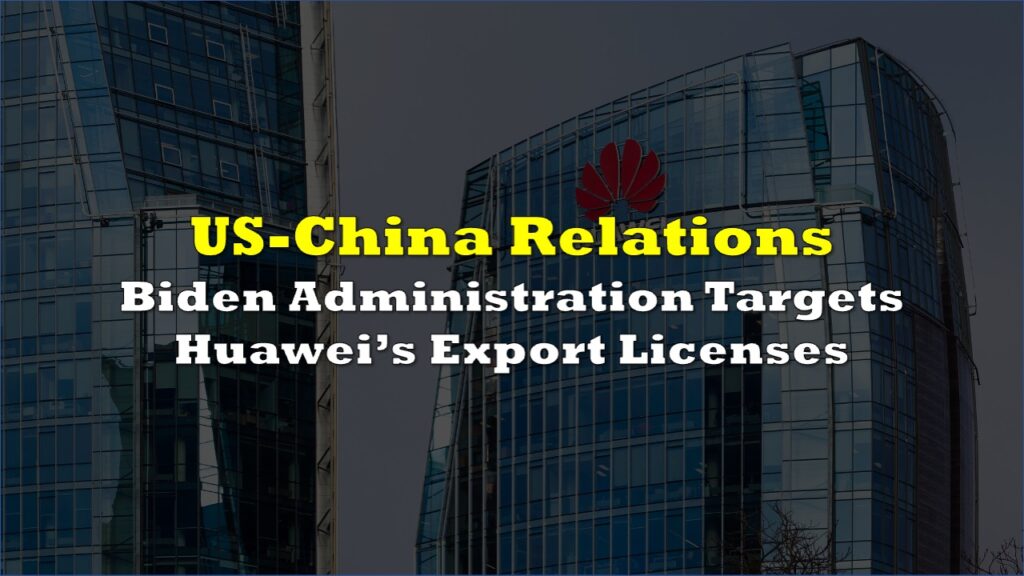Critical shortages of rare earth magnets from China are forcing manufacturers to warn of potential factory closures and defense production delays, according to industry executives and government officials.
Beijing’s controls, enacted in April following new US tariffs, affect seven rare earth elements and permanent magnets derived from them. With China producing nearly all rare earth magnets globally, alternative sources remain extremely limited.
Auto executives warned the Trump administration in May that production cuts or factory shutdowns could occur within weeks without access to the magnets, which power electric motors in vehicles. Defense officials say the restrictions threaten production of F-35 fighter jets, missiles, and other weapons systems.
“This is America’s, and the world’s, Achilles’ heel, which China continuously exploits,” said Nazak Nikakhtar, a former assistant secretary of commerce who oversaw export controls during Trump’s first term.
China has issued only a handful of export permits since implementing the restrictions April 4, industry sources say. Most approvals have gone to European companies, including suppliers to German automaker Volkswagen. The licensing system requires separate permits for each shipment under a “one batch, one license” rule.
“We remain in close contact with our suppliers and have received indications that a limited number of export licenses have been granted,” Volkswagen said in a statement.
Several Chinese manufacturers have halted production while seeking export approval, industry sources say, causing supply disruptions that are spreading through global manufacturing networks.
Pentagon data shows F-35 fighter aircraft require over 900 pounds of rare earth materials each, while nuclear submarines need more than 9,000 pounds. These elements are crucial for missiles, drones and bomb guidance systems.
The Defense Department has committed more than $439 million since 2020 to build domestic rare earth processing capabilities. But current US production remains minimal — MP Materials expects to produce just 1,000 tons of rare earth magnets by year-end, less than 1% of China’s 2018 output of 138,000 tons.
Automakers depend heavily on these magnets for electric vehicle motors and various car components. Modern vehicles can require multiple magnets for functions ranging from power steering to seat controls.
“Without reliable access to these elements and magnets, automotive suppliers will be unable to produce critical automotive components,” auto industry executives wrote to Trump administration officials in a May letter.
The restrictions came three days after President Donald Trump imposed tariffs as high as 145% on Chinese goods April 2. Despite a 90-day trade truce announced in May, the export controls remain largely in place.
Trump has accused China of violating the truce agreement in recent social media posts.
China gained control over materials that the US once dominated. While America led rare earth production decades ago, China now handles more than 90% of global processing. Alternative supply chains could take five to 10 years to develop, experts say. The Biden administration directed 25% tariffs on Chinese rare earth magnets starting in 2026.
“We are still facing a major disruption of supply chains,” said Jens Eskelund, president of the European Union Chamber of Commerce in China.
Information for this story was found via the sources and companies mentioned. The author has no securities or affiliations related to the organizations discussed. Not a recommendation to buy or sell. Always do additional research and consult a professional before purchasing a security. The author holds no licenses.









